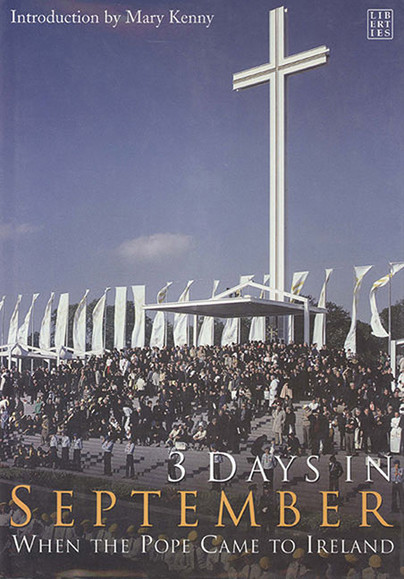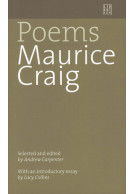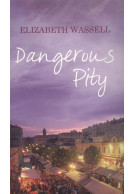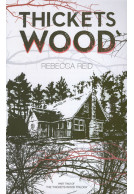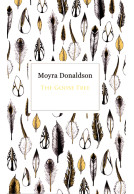3 Days In September (Hardback)
When the Pope Came to Ireland
You'll be £27.99 closer to your next £10.00 credit when you purchase 3 Days In September. What's this?
+£4.99 UK Delivery or free UK delivery if order is over £40
(click here for international delivery rates)
Order within the next 4 hours, 10 minutes to get your order processed the next working day!
Need a currency converter? Check XE.com for live rates
(click here for international delivery rates)
Order within the next 4 hours, 10 minutes to get your order processed the next working day!
Need a currency converter? Check XE.com for live rates
Leading figures from the worlds of politics, entertainment, religion and the arts contribute their recollections of - and reflections on - the papal visit in September 1979. Many of those who were personally or professionally involved in the visit offer their impressions of those unforgettable three days.
The Pope's visit to Ireland in September 1979 attracted more excitement and interest than any concert or sporting event ever before - or since. Nearly everybody it seems, believer and non-believer alike, recalls what truly was a national event. More than a million people turned out to greet John Paul II at Phoenix Park, in the largest single gathering of people in Europe in modern times.
Tens of thousands of young people heard him say the famous words "Young people of Ireland, I love you" at the Youth Mass in Galway, and large crowds gathered when the Pope visited Drogheda, Clonmacnoise, Maynooth, Knock and Limerick. In fact, the visit could be said to mark a high-point in the history of the Catholic Church in Ireland. Who would have, or could have, predicted the changes in Irish society and in the position of the majority church that the intervening decades would bring?
3 Days In September is a handsome hardback collection of people's memories of the visit accompanied by (over a hundred) both color and black and white photographs from the various gatherings and venues the Pope attended. The book features an introduction by well-known cultural commentator Mary Kenny.
The contributions range from the polemical (Frank McGuinness) to the personal (the flower girl Liz Jackson, now in her thirties), from the nostalgic (Maeve Binchy) to new interpretations (Tim Pat Coogan). The book is sure, given the Pope's passing, to generate interest and perhaps controversy - as well as take us back to what, it seemed at the time, were more innocent days. The royalties from the book go to the Simon Community of Ireland.
Other titles in Liberties Press...







